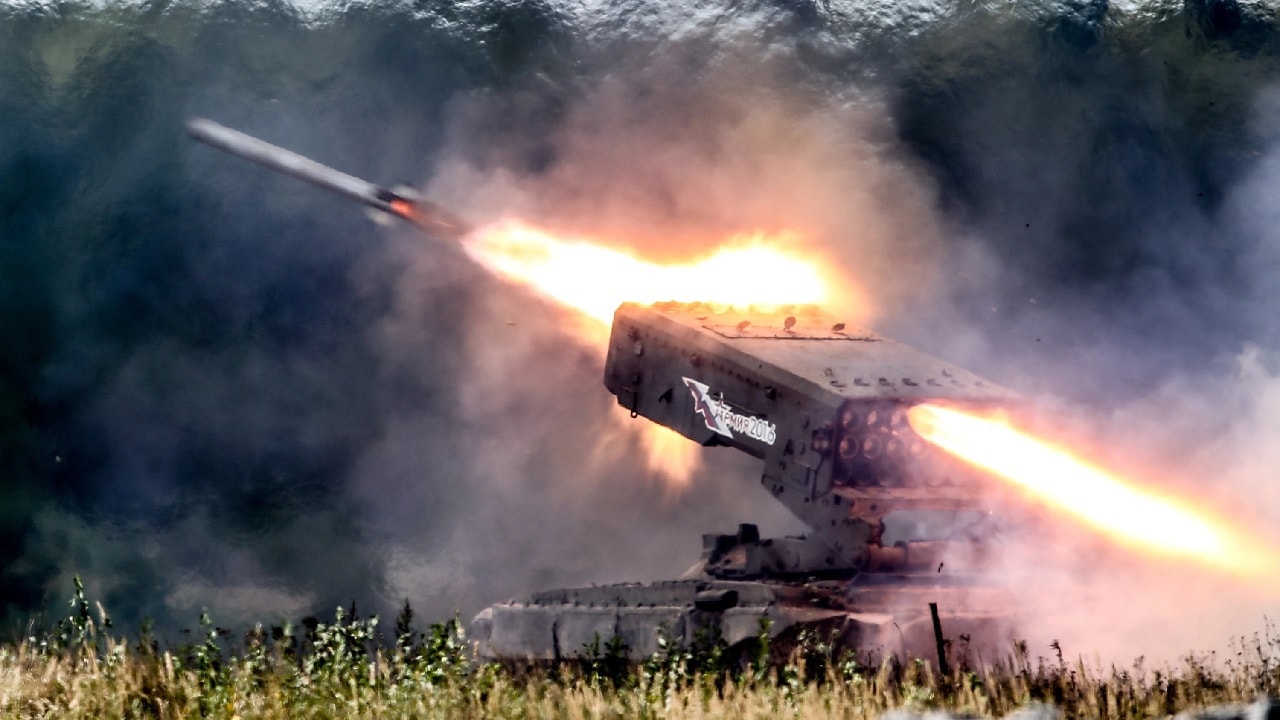As fighting continues to rage all along the frontlines in the Ukrainian-Russian war and Moscow deals with the aftermath of the stunning rebellion of Yevgeny Prigozhin, NATO members continue to spar over Zelensky’s demands for an express security guarantee in the form of alliance membership at the summit in Vilnius, now less than two weeks away. Regardless of how much empathy the West may have for Ukraine or antipathy for Russia, under no circumstances should the United States extend any binding security guarantees for Kyiv.
NATO Mulls Possible Guarantees
Providing any iron-clad promises to Ukraine that the United States or NATO would be willing to go to war with nuclear-armed Russia unequivocally puts the future of U.S. security at unsustainably high – and unnecessary – risk. It is a noble aspiration to desire all nations of the world to be free and independent and to specifically wish to see Ukraine free from violent attacks across its border.
It would nevertheless be irresponsible and unfair to our fellow 330 million American citizens to tie their future security to the hope that the volatile and unpredictable antagonism existing between Russia and Ukraine doesn’t flare up again. Many pundits see only the laudable hope of seeing all peoples live free at the expense of the harsh reality of the huge risk their policies would impose on America.
Some Western analysts have argued NATO could safely extend Article 5 security guarantees to Ukraine in the same way West Germany was admitted to the alliance in 1955 while East Germany remained in the Soviet sphere. Lise Morje Howard and Michael O’Hanlon argue in Foreign Affairs that it might be more palatable to provide Ukraine security guarantees, not in NATO per se, but in an ad hoc “security community” composed of individual “NATO members, as well as Ukraine, its allies, and any neutral states that wished to join.”
Yet what all these foreign policy advocates have in common is a myopic focus on the perceived benefits of Kyiv and the near absence of realistic thinking regarding likely Russian reactions. As I have previously chronicled, the outbreak of war was a long, methodical, and predictable 15-year process that began in 2008 with NATO’s declaration it was going to admit Ukraine into the alliance.
Countering Putin’s Ambitions in Ukraine
Putin was wrong and unjustified in invading Ukraine in 2022, but U.S. policy and NATO expansion were unquestionably factors in pushing a fearful Putin. Realists and other foreign policy experts long warned overtures to Ukraine to join the trans-Atlantic military alliance were likely to provoke a response, likely a violent one, from Moscow. And that dynamic strongly underscores why extending any security guarantees to Ukraine in the future would be even more foolish, as it would increase the chances of expanding into a direct clash between the U.S. and Russia.
One of the biggest failures of the West from the beginning (and still fully at play today) is an unwillingness to consider that Russia has any valid national security concerns and how they might react to Western actions they deem antithetical to their interests. Looking through the lens of Moscow does not equal sympathy or understanding of their position or justification for their responses.
Yet it is foolhardy to ignore the likely reactions of the world’s only other nuclear superpower, no matter our many differences. If the United States agrees to extend NATO membership to Ukraine – or to offer U.S. military backing to any ad hoc security guarantee to Kyiv – is almost certain to fan the flames of Russian fear and paranoia about Western threats to its existence, and could spur Putin to take actions that put our security at risk – possibly nuclear risk.
The outright hatred and antagonism between the Russian and Ukrainian peoples is white-hot today and as a result of the cost each has paid in this war, is likely to remain elevated for a generation or more. If this war ends in any type of negotiated settlement where neither side suffers an outright military defeat, the possibility of renewed fighting will continue for the foreseeable future.
It is not in America’s interest to commit to fighting a war one day against nuclear-armed Russia on behalf of an aggrieved Ukraine. The U.S. can support Ukraine and help them defend itself without risking World War III, as it has since Russia initiated the conflict in February 2022.
U.S. interests and obligations demand that our Armed Forces ensure first the safety and security of our country and people, and second, existing treaty obligations to NATO. We can remain safe and secure indefinitely by avoiding involvement in any potential fight between Russia and Ukraine, now or in the future. Ultimately, no one’s security is enhanced by risking future war between the United States and Russia.
A 19FortyFive Contributing Editor, Daniel L. Davis is a Senior Fellow for Defense Priorities and a former Lt. Col. in the U.S. Army who deployed into combat zones four times. He is the author of “The Eleventh Hour in 2020 America.”
From 19FortyFive
A Russian Submarine Accidently ‘Destroyed Itself’
Total Massacre’: Ukraine Footage Shows Russian Cruise Missile Shipment Attacked

